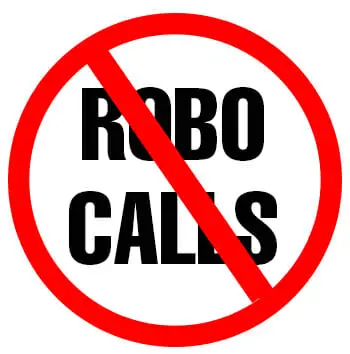Update May 21, 2019
In 2018, the FCC issued an order (FCC 17-151) that allows service providers to block calls originating from numbers that are not valid under the North American Numbering Plan (NANP). As of May 21, 2019, we have started, exercising our right to block outbound calls from invalid numbers in a continued effort to combat robocalls. We are going to begin at the NPA level only (and a small handful of NPAs to start). Any domestic originating calls that contain an invalid NPA will be blocked with an ISUP 21-Call Rejected or SIP 403-Forbidden.

Overview of Carolina Digital Phone’s STIR/SHAKEN Services
Thank you for your inquiry regarding Carolina Digital Phone’s involvement in STIR/SHAKEN. We are actively engaged with industry groups and other carriers to drive change and lead STIR/SHAKEN implementation practices.
STIR/SHAKEN uses digital certificates, based on common public key cryptography techniques, to ensure that the calling number of a phone call is secure. Each telephone service provider obtains their digital certificate from a single trusted industry certificate authority, and the certificate technology enables “call traceability” back to the call source, which service providers can use to evaluate and identify calls as legitimate or illegitimate.
We are hopeful that the deployment of this service within the industry will greatly reduce the adverse effects of robocalling, help restore the integrity of the telecommunications network, and protect its use for legitimate calling purposes. Below is some information regarding what we are doing at Carolina Digital Phone to protect our customers.
What is Carolina Digital Phone Currently Doing to Combat Robocalling?
Inteliquent, our primary inbound origination carrier, is a member of the CTIA Robocall Working Group and an active member of the US Telecom traceback group. Their Fraud Management team has participated in several investigations to identify originating service providers associated with calls of this nature.
At Carolina Digital Phone, we leverage Inteliquent’s internal fraud monitoring technologies and tools to track down illegal and abusive calling patterns, and then work directly with our customers to identify and control this traffic. Where permitted by laws and regulations, we utilize call control capabilities to block or modify the flow of calls that have been identified as part of an illegal pattern. In addition, the CNAM DIP service on our TNs includes Neustar’s Robocall identification service, which identifies possible robocalls and allows end users to decide whether or not to answer the call.
Note: This document contains forward looking statements and is subject to change without notice.
I have Seen Press Releases from Service Providers Announcing their Deployments of STIR/SHAKEN. Is the Technology Ready for Production Use?
No, there is a great deal yet to be decided. A base set of standards exists for identity header operation and certificate management, and a task force is actively working on finalizing the standards. For certificates to be available, a special PKI infrastructure SHAKEN signing and verification needs to be put in place and deployed by all service providers. Some implementations exist, and several service providers have begun exchanging identity headers on a limited basis, with work-around methods to share unofficial root certificates for validating each other’s signatures. However, wide deployment will require the industry-level PKI infrastructure including an ecosystem of STI-CAs (Certificate Auth), authorized service providers, and an STI-PA (Policy Admin). Currently, the governance authority organized under ATIS is in the process of choosing a policy administrator, and some of the infrastructure is expected to be available later in 2019.
Note: This document contains forward looking statements and is subject to change without notice.

